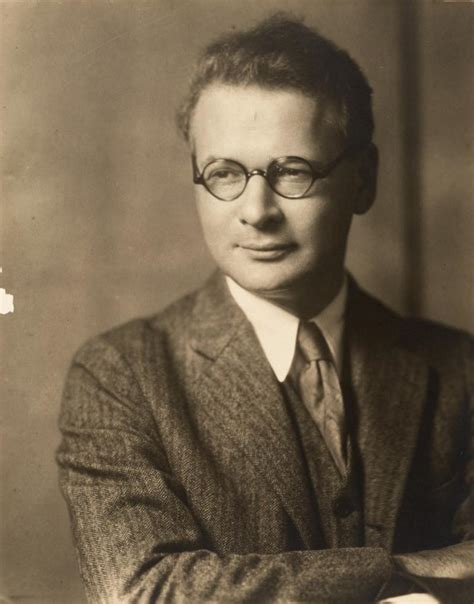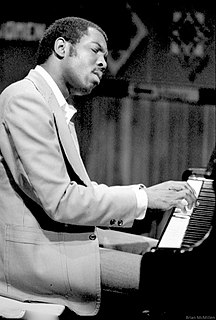A Quote by John Locke
Freedom of men under government is to have a standing rule to live by, common to every one of that society and made by the legislative power vested in it and not to be subject to the inconstant, uncertain, arbitrary will of another man.
Related Quotes
That Americans are entitled to freedom is incontestable on every rational principle. All men have one common original: they participate in one common nature, and consequently have one common right. No reason can be assigned why one man should exercise any power or preeminence over his fellow-creatures more than another; unless they have voluntarily vested him with it.
The constitution has divided the powers of government into three branches, Legislative, Executive and Judiciary, lodging each with a distinct magistracy. The Legislative it has given completely to the Senate and House of Representatives. It has declared that the Executive powers shall be vested in the President, submitting special articles of it to a negative by the Senate, and it has vested the Judiciary power in the courts of justice, with certain exceptions also in favor of the Senate.
The democratic rule that all men are equal is sometimes confused with the quite opposite idea that all men are the same and that any man can be substituted for any other so that his differences make no difference. The two are not at all the same. The democratic rule that all men are equal means that men's being different cannot be made a basis for special privilege or for the invidious advantage of one man over another; equality, under the democratic rule, is the freedom and opportunity of each individual to be fully and completely his different self. Democracy means the right to be different.
Our minds tell us, and history confirms, that the great threat to freedom is the concentration of power. Government is necessary to preserve our freedom, it is an instrument through which we can exercise our freedom; yet by concentrating power in political hands, it is also a threat to freedom. Even though the men who wield this power initially be of good will and even though they be not corrupted by the power they exercise, the power will both attract and form men of a different stamp.
The rule of law does not guarantee freedom, since general law as well as personal edicts can be tyrannical. But increasing reliance on the rule of law clearly played a major role in transforming Western society from a world in which the ordinary citizen was literally subject to the arbitrary will of his master to a world in which the ordinary citizen could regard himself as his own master
Every man is responsible for defending every woman and every child. When the male no longer takes this role, when he no longer has the courage or feels the moral responsibility, then that society will no longer be a society where honor and virtue are esteemed. Laws and government cannot replace this personal caring and commitment. In the absence of the Warrior protector, the only way that a government can protect a society is to remove the freedom of the people. And the sons and daughters of lions become sheep.
If we set out with... a scrupulous regard to the Constitution, the government will acquire a spirit and a tone productive of permanent blessings to the community. If on the contrary,... the Constitution is slighted, or explained away, upon every frivolous pretext, the future of government will be feeble, distracted and arbitrary. The rights of the subjects will be the sport of every party vicissitude. There will be no settled rule of conduct, but everything will fluctuate with the alternate prevalency of contending factions.
In republican government the legislative authority necessarily predominates. The remedy for this . . . is to divide the legislature into different branches; and to render them by different modes of election, and different principles of action, as little connected with each other as the nature of their common functions, and their common dependence on the society, will admit.
Every man, and every body of men on earth, possesses the right of self-government. They receive it with their being from the hand of nature. Individuals exercise it by their single will; collections of men by that of their majority; for the law of the majority is the natural law of every society of men.




































